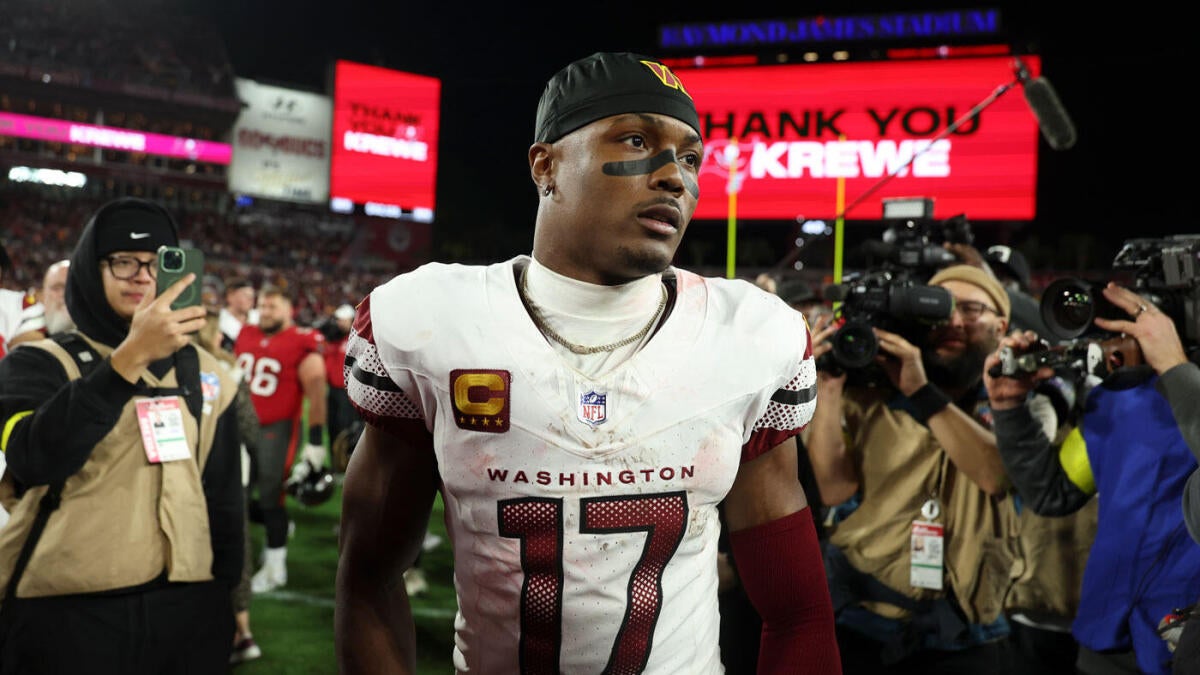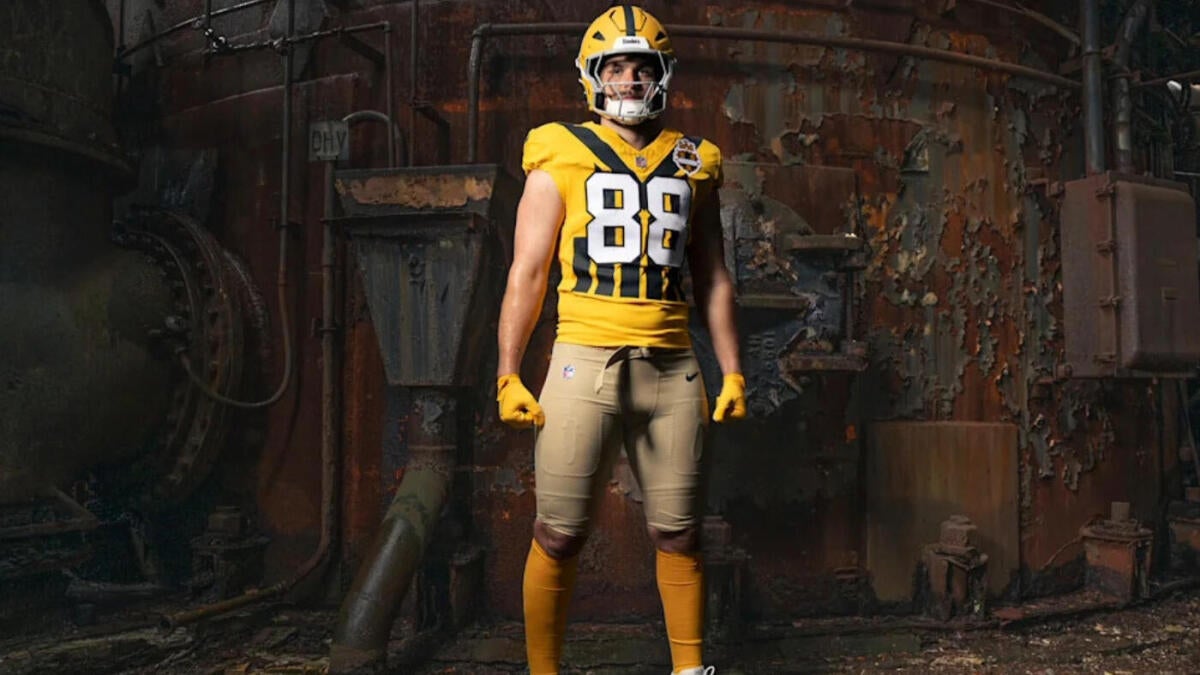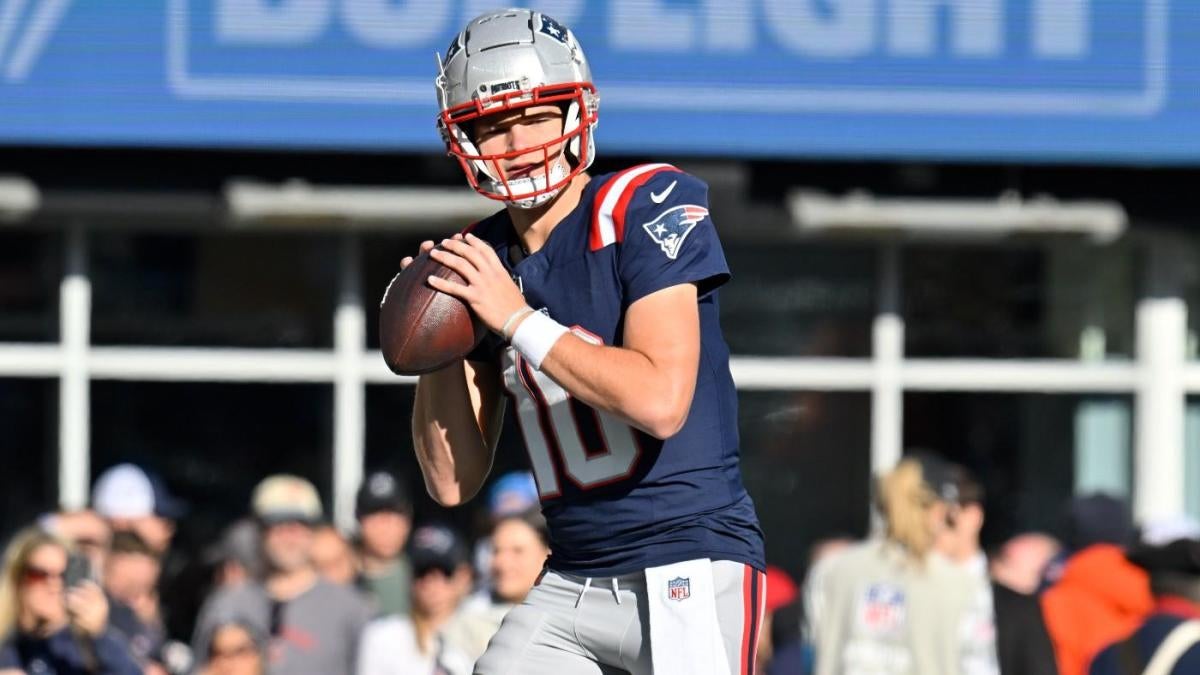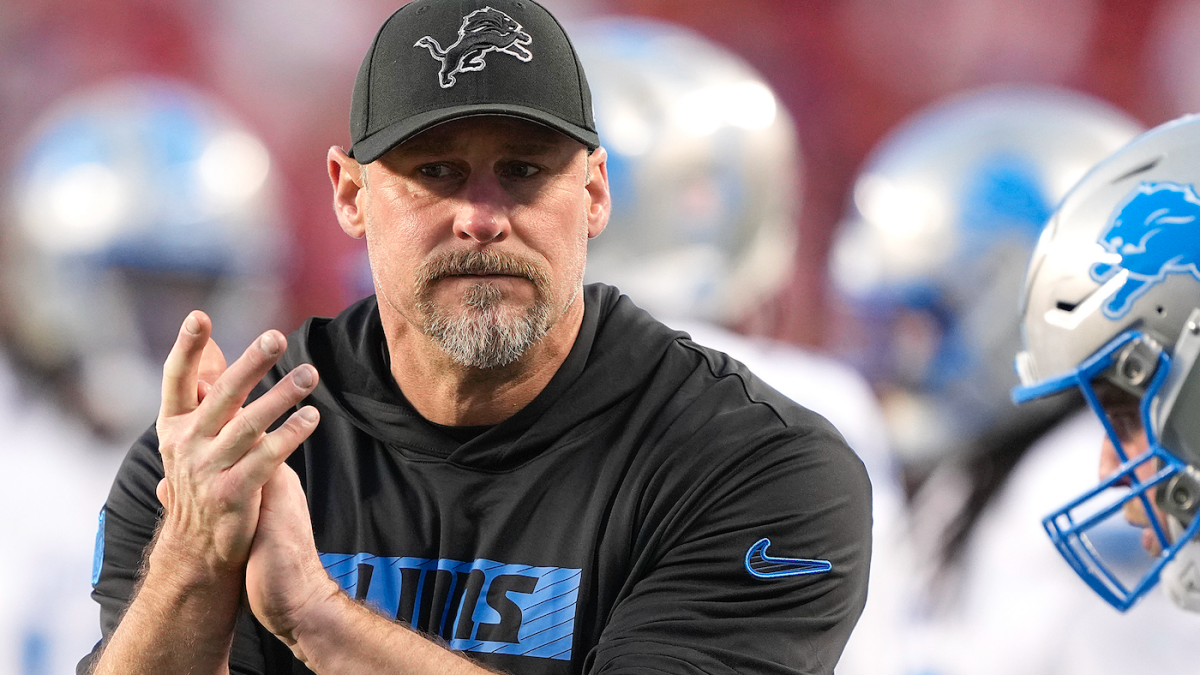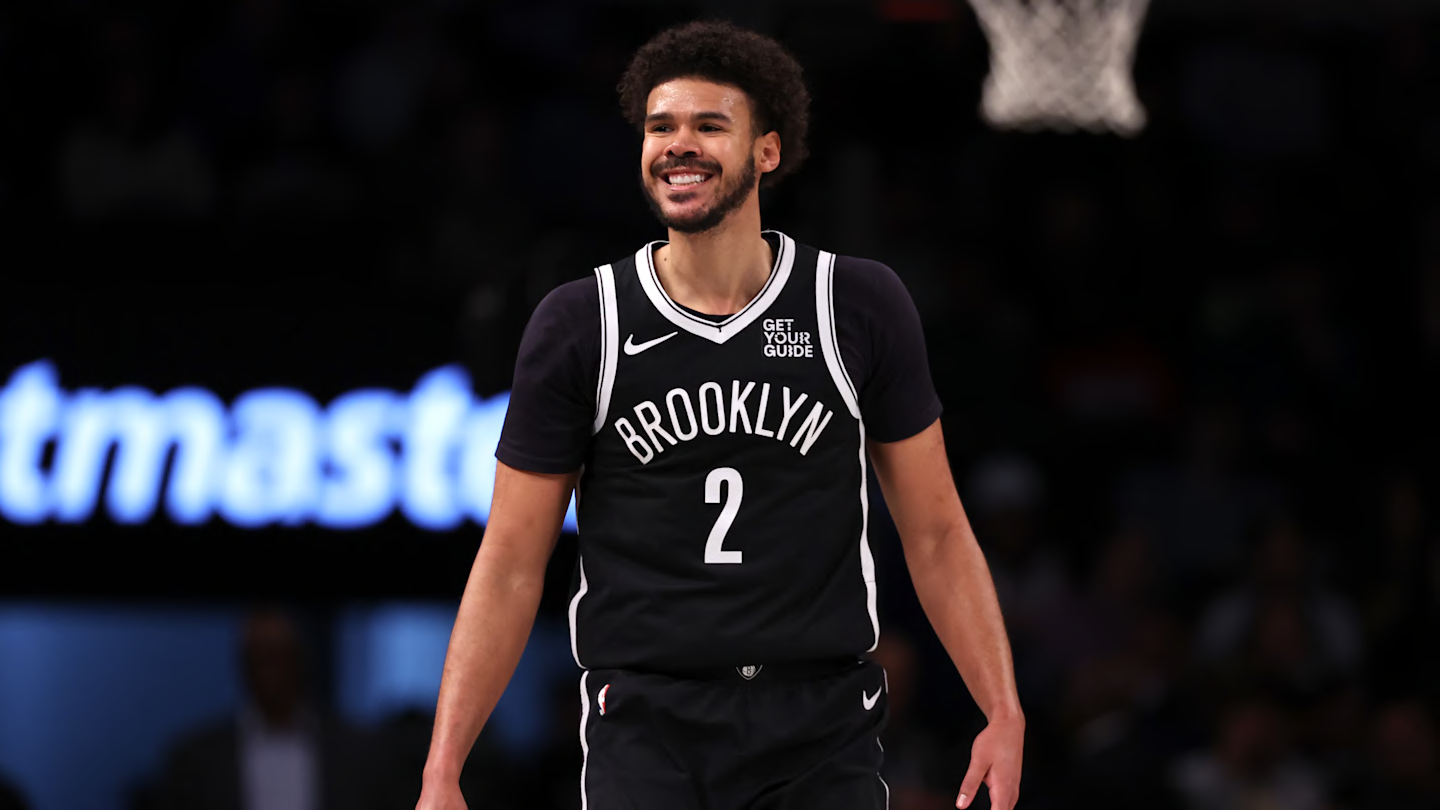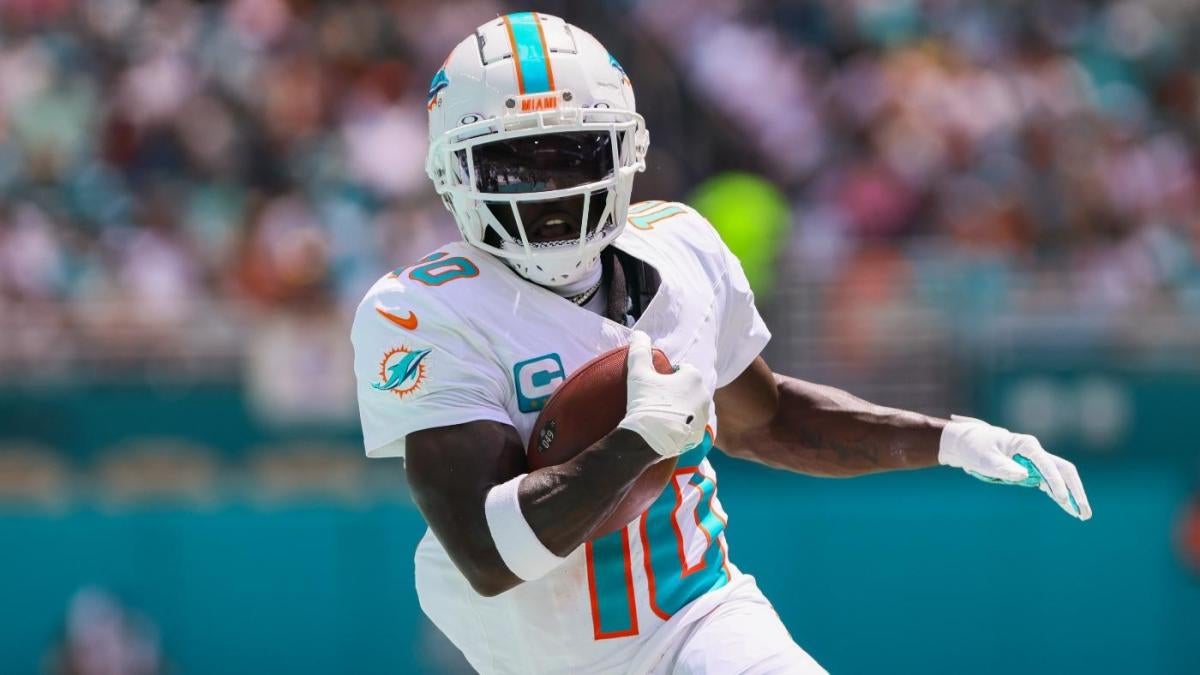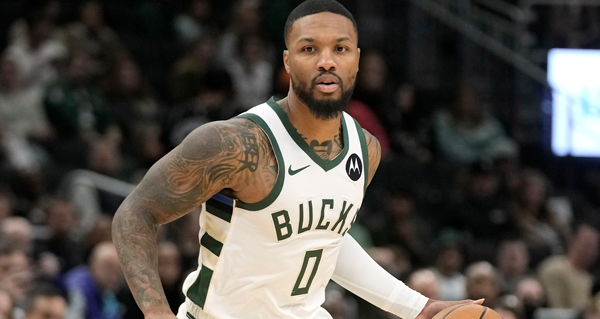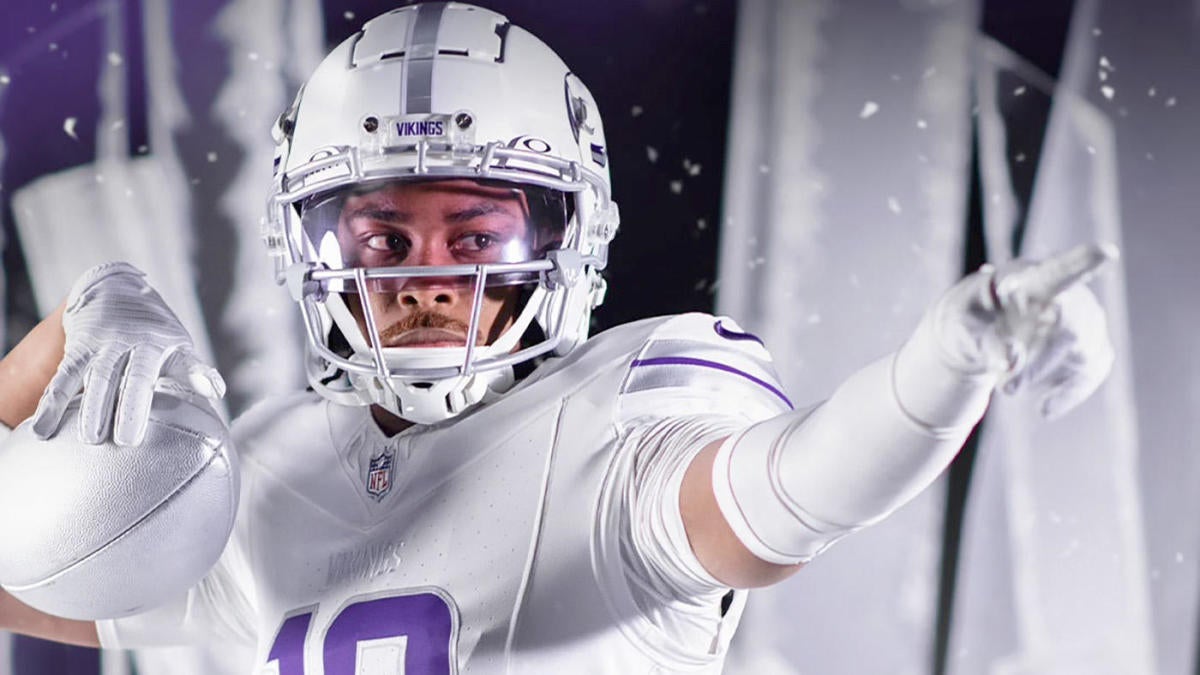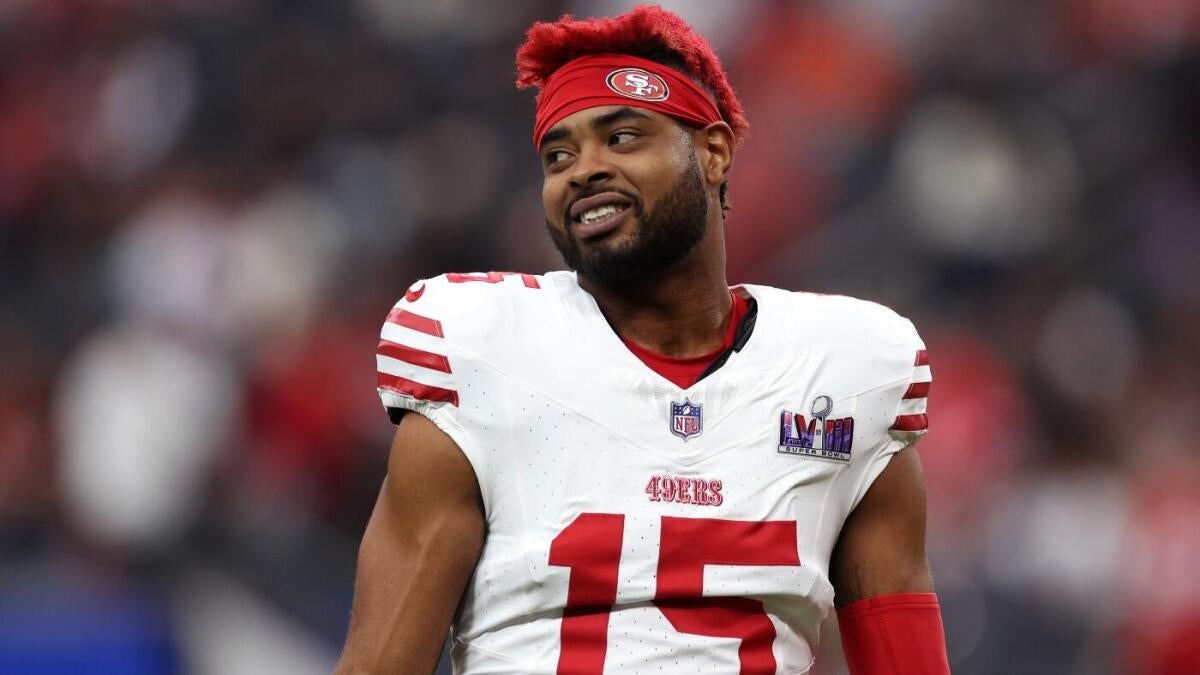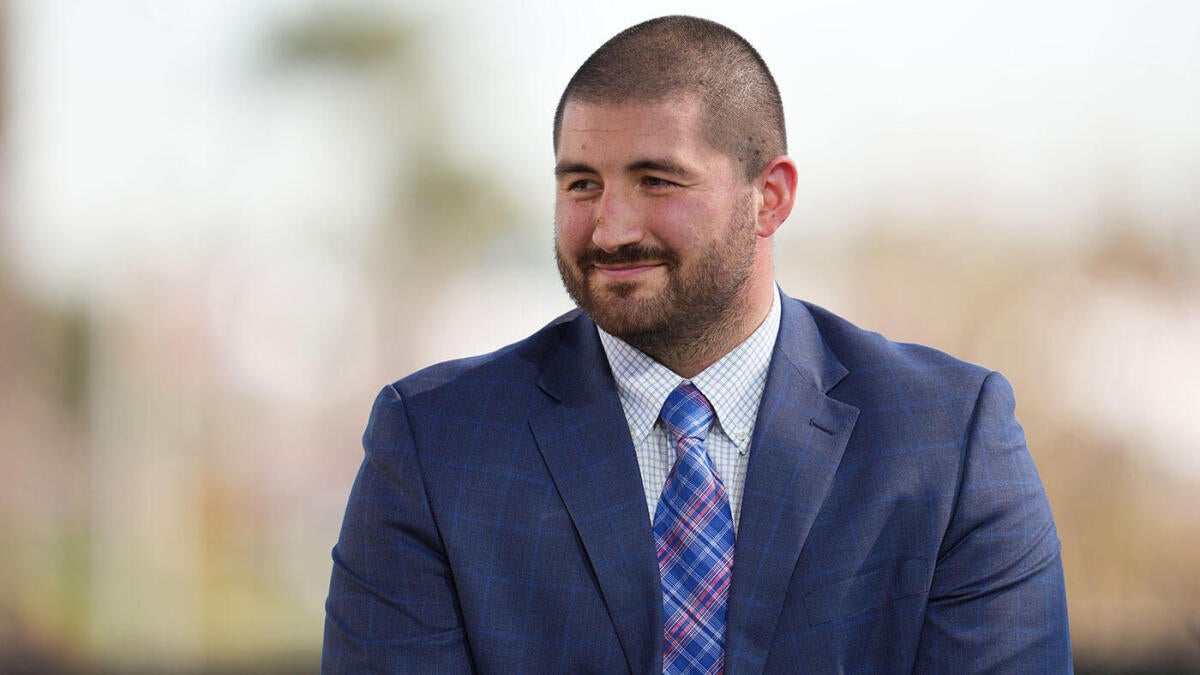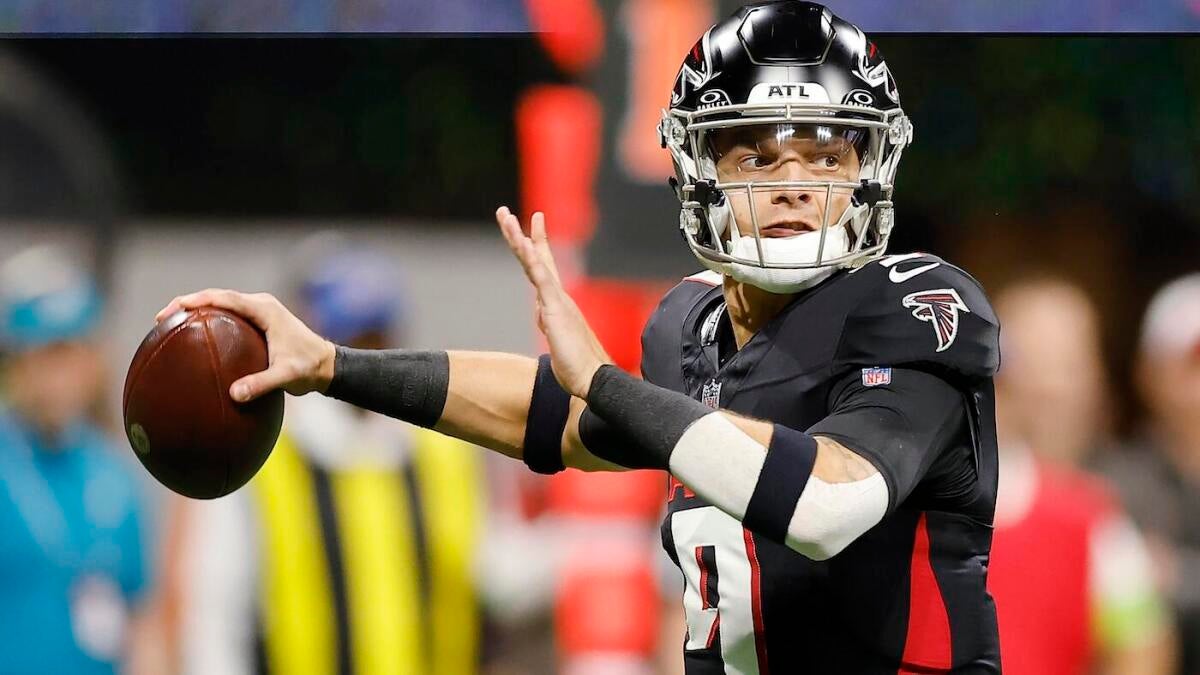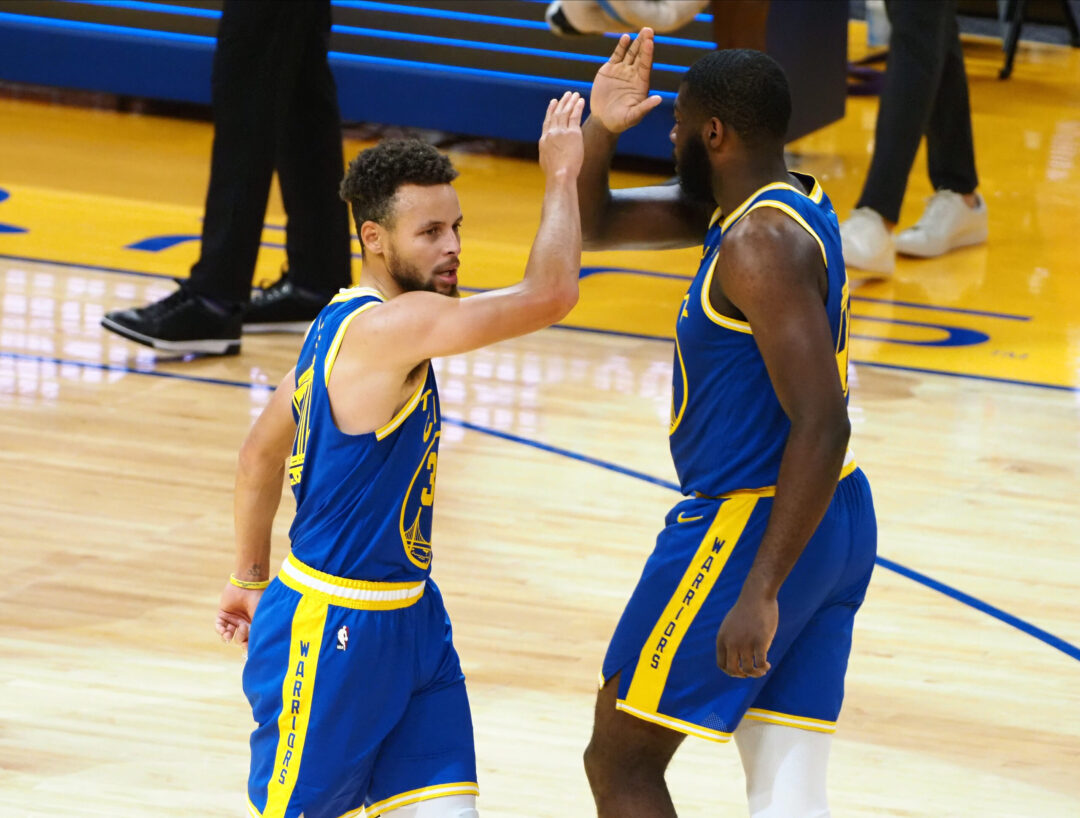
Some players aren’t the fastest or strongest, but thinking quickly helps them be the best. Before you get into the details, check out the basketball bookmaker odds on Vave Casino to help you make a smarter bet.
The “Read and React” Drill
This drill mimics real gameplay. One player drives, and defenders react. Teammates must make split-second decisions, cut, shoot, or reset. It’s messy, fast, and perfect for building instincts. It forces players to read the defense instead of running set plays.
Watch and Break Down Film
Some lessons come from the bench, not the court. Watching games with a coach helps you learn. Stop the video, rewind, and ask simple questions like: Why did they pass? What did the defender miss? This helps you see what happens and make smarter moves next time. Use clips from both wins and losses. The key is reflection.
Keep It Unscripted
Many drills are predictable. But real games aren’t. Mix up practice with 3-on-3 games where no plays are called. Players must think for themselves. Let them struggle. Mistakes help you get better. Over time, you learn when to act, how to move, and where to be on the court.
“If-Then” Scenario Practice
A fun and useful drill: Give players “if-then” rules. For example, “If your defender goes under the screen, shoot. If they switch, pass to the roller.” Repetition builds quick reactions. Over time, players start recognizing patterns before they even unfold.
Train in Chaos
Simulate high-pressure moments. Crank up the noise, set a clock, or give players fewer timeouts. These stress-based practices mimic real tension. It helps players stay sharp when it matters most. Pressure is a skill, too.
Mental Reps Matter
Not all training is physical. Mental reps, visualizing plays, reviewing scenarios, and imagining outcomes build decision speed. Before bed or during rest, players can close their eyes and picture themselves in different court situations. What would they do?
Communication Builds Smarter Teams
A high basketball IQ isn’t just about solo decisions. It’s about team thinking. Encourage players to talk more during practice. Call screens, say when someone’s open, or shout out rotations. Verbal cues improve chemistry and speed up group decisions.
Game Speed, Not Drill Speed
Too often, drills are done at half-speed. That builds bad habits. Run everything at game pace. Make passes faster, closeouts sharper, and cuts harder. Fast decisions only come from fast practice.
Use Constraints to Teach Creativity
Limit touches. Restrict dribbles. Add zones. When players can’t rely on comfort zones, they start thinking. For example, only allow one dribble before a pass. Now they must move better, space out, and pass smart. Rules like this push their brains.
Built in Post-Drill Reflection
After a drill or scrimmage, ask questions. “Why did you pass there?” “What could you have done differently?” These short reflections help players connect actions with outcomes. You remember things best when you think about them right after.
Embrace Mistakes as Part of Growth
Some players fear making the wrong move. That fear slows them down. Create a team culture where mistakes are fine, as long as they’re followed by learning. Confidence builds IQ because it removes hesitation.
Film Yourself Playing
Seeing yourself play gives you a new view. Players often think they made the right call until they watch it. It’s a great way to spot patterns: late passes, poor spacing, missed reads. Even short clips help if reviewed weekly.
Foster a “Next Play” Mindset
Good decision-makers don’t dwell. Whether it’s a bad pass or missed shot, they move on. Teach players to reset quickly. One bad call doesn’t mean a bad game. It’s a mental skill, and it grows with coaching and time.
Let Players Coach Each Other
Turn practice around: have players lead warmups or explain plays. Teaching sharpens understanding. When players explain what they see, they build a deeper grasp of the game’s logic and pace.
Go to Source
Author: Team Dunkest
July 22, 2025 | 5:16 am
